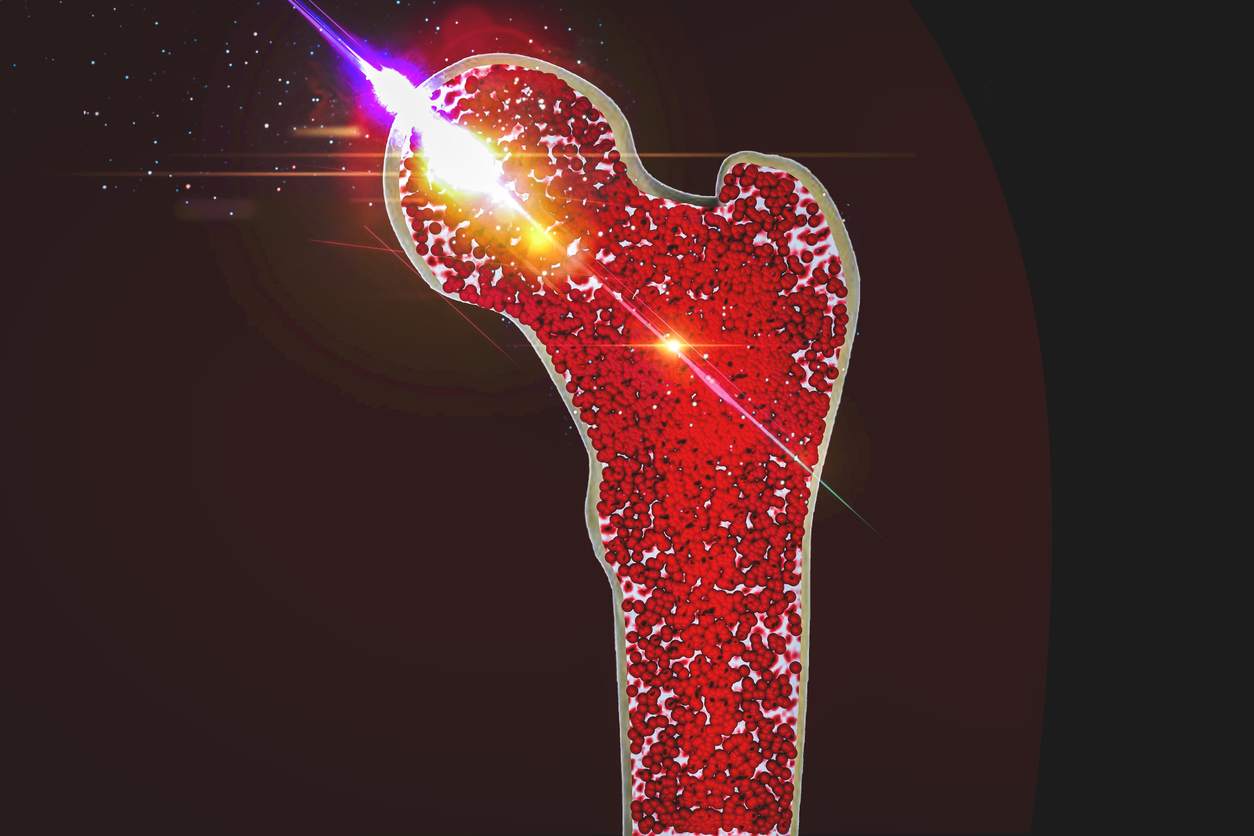- Home
- Science
- Our Work
- Air Pollution
- Agriculture, Farming and Pesticides
- Asthma and other Lung Diseases
- Coronavirus Pandemic (COVID-19)
- Exposure to Chemicals and Dust
- Exposure to Nanomaterials
- Human Exposure
- Neurodegenerative Diseases
- Musculoskeletal Disorders
- Occupational Cancer
- Sustainable Working
- Sustainability and Climate Change
- Stress, Wellbeing and Psychosocial Issues
- COVID-19 IOM Study of Face Coverings in Retail Environments
- Styrene Study
- PROTECT COVID-19 National Core Study
- Firefighters and Cancer – IOM Report
- MORtality Study of Former Professional Footballers in England and Wales (MORSE) Study
- Our Scientists
- Our Expertise
- Nano Material Services
- Development and Management of Data and Information Systems and Services
- Ergonomics Design and Evaluation
- Epidemiological Studies & Methods
- Exposure Assessment
- Health Impact Assessment (HIA) and Risk Assessment
- Policy Evaluations
- Study Design and Statistical Analysis
- Systematic Reviews and Meta-analyses
- Toxicology
- Workplace Cluster of Disease
- IOMLIFET
- IOM Scientists Advocate Tighter Standards for Airborne Dust at Work
- Research Project on Work Related Musculoskeletal Disorders
- Styrene Study
- Firefighters and Cancer – IOM Report
- IOM Library
- Contact our Research Experts
- Our Work
- Occupational Hygiene
- Case Studies
- Air Quality Sensors
- COSHH Assessment
- Dust Exposure
- Environmental Management
- Face Fit Testing
- Hand-Arm Vibration
- Indoor Air Monitoring
- Laboratory Animal Allergens
- Legionella Risk Assessment
- Local Exhaust Ventilation
- Noise Monitoring
- Thermal Exposure Monitoring
- Workplace Exposure Limits (WELs)
- Welding Fumes
- Remote Monitoring Services
- Formaldehyde Exposure Monitoring
- Biological Agent Exposure Monitoring in Waste Management
- Chromium VI
- Occupational Hygiene – Quick Quote
- Lab Services
- Asbestos and other Fibres
- Asbestos Sample Testing
- Asbestos Proficiency Testing
- Dust and Crystalline Silica
- Lead in Paint
- Metals, acid anions, acid gases
- Microbiology
- Pharmaceuticals
- Solvents & Other Organic Chemicals
- Hazard Assessment and Toxicology
- Dustiness Testing of Bulk Powders
- Lab Services Quick Quote
- Training
- Courses
- Face Fit Tester Training – Combined 2-day Course
- Face Fit Tester Training – Day 1 Qualitative Test Method
- Face Fit Tester Training – Day 2 Quantitative Test Method
- One Day Ventilation Maintenance Course
- BOHS Five Day Authorised Person (Ventilation) Course
- BOHS Three Day Competent Person (Ventilation) Course
- BOHS Two Day Competent Person (Ventilation) Refresher Course
- Contact our Training Team
- Courses
- Hospital Ventilation
- Authorising Engineer
- Dentistry Post Lockdown
- Design Review
- Independent Review
- Diathermic pen and Electro surgical tool testing
- Microbiological Monitoring
- Systems Refurbishment and Upgrade
- Validation and Verification Testing
- HSE COVID-19 Spot Check Inspections
- Training
- Contact Our Hospital Ventilation Experts
- Consultancy
- Our Company
- Contact Us

Musculoskeletal Disorders
For many years, MSDs have been one of the biggest causes, if not THE biggest cause, of work-related sickness absence in the UK. However, this is not just a ‘local’ problem and similar problems affect workers in many other countries.
Despite extensive efforts to tackle this problem (for example specific workplace legislation has been in place in the UK and much of Europe for over 25 years), statistics show that these efforts have had little impact on the problem. The costs and burdens of this problem are immense.
At a personal level the impact on individuals, their work, and their home life can be financially, psychologically, and socially disabling.
For the employer, the associated costs (both direct and indirect) quickly mount up and, for society, the burden of treating and supporting those unable to work creates a considerable strain on increasingly limited resources. Such considerations explain both the importance of this issue and the potential consequences of inaction.
At one time, MSDs were regarded as a consequence of heavy physical work affecting occupations such as coal miners, steelworkers, dockers, and construction labourers to name a few. However, it is now recognised that those in so-called ‘light’ jobs such as office workers are affected to a similar degree (although possibly more able to continue working than those in heavy jobs). MSDs are widespread and common, especially (but not exclusively) with an ageing workforce.
Our research:
Our research spans many aspects of MSDs including:
- basic research into the causes of MSDs
- understanding the contribution made by work
- gaining an understanding of ‘what works’ (and what doesn’t work)
- developing this knowledge into help and guidance on how to prevent them
Understanding aspects of MSDs has been an element of our research almost since its inception. In that time, building on a sound base of reliable and impartial research, our researchers have gained a strong reputation for their knowledge and expertise in the field. You can read more about our work in the case study below.
We strive to understand what factors cause or contribute to musculoskeletal disorders (MSDs) and develop guidance on how to prevent them.
24.7% of European workers complain of a backache, 22.8% of muscular pains, 45.5% report working in painful or tiring positions. Source: ESWC

